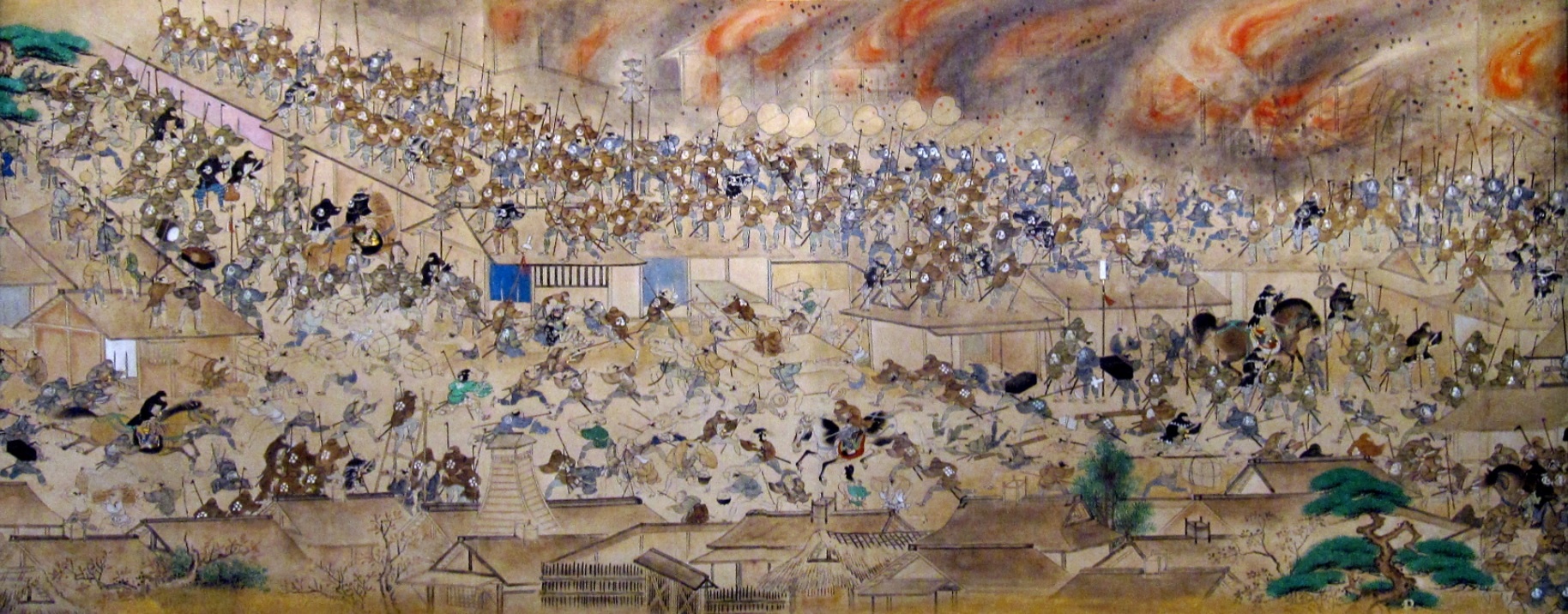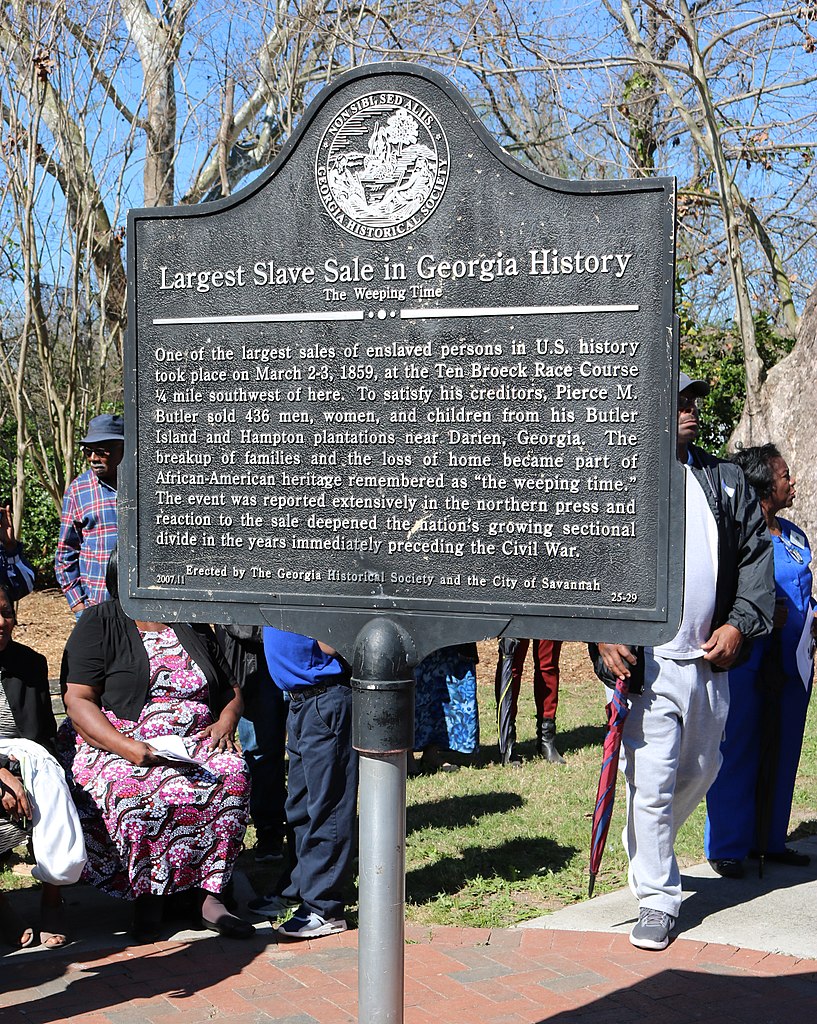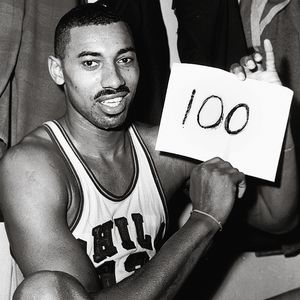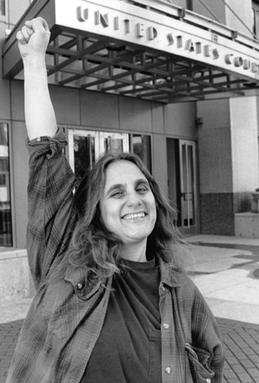
Today in Labor History March 2, 1657: The Great Fire of Meireki began in Edo (now Tokyo). Over 100,000 died in the fire. It destroyed 70% of Edo. Legend says that a priest started the fire accidentally by cremating a cursed kimono. Hurricane-force winds fanned the flames, helping them quickly spread through the city. Laura Joh Rowland wrote the mystery novel, “The Fire Kimono,” abut the event.
1800s
Today in Labor History March 2, 1807: Congress abolished the African slave trade. The first American slave ship, Desire, sailed from Marblehead, Massachusetts, in 1637. After that, slave traders brought nearly 15 million Africans to America. Overall, the African continent lost 50 million people to slavery and the deaths associated with it. Slave traders illegally brought another 250,000 slaves to the U.S. up until the Civil War.

Today in Labor History March 2, 1859: The Great Slave Auction began. The two-day event was the largest such auction in U.S. history. The auction was held at Ten Broeck Race Course, near Savannah, Georgia. They sold 429 men, women, children and infants. Prior to the sale, they housed the slaves in stables. Journalist Mortimer Thomson pretended to be a buyer. He then wrote a scathing article titled, “What Became of the Slaves on a Georgia Plantation.”
1910s-1930s
Today in Labor History March 2, 1913: Postal workers won the eight-hour day.
March 2, 1937: John L. Lewis, president of the Congress of Industrial Organizations (CIO) and U.S. Steel President Myron Taylor, signed an agreement recognizing the Steel Workers Organizing Committee as the sole representative for its workforce. The contract also included a 40-hour work week and overtime pay.
1960s

Today in Labor History March 2, 1962: Wilt Chamberlain scored 100 points in one basketball game, setting an NBA record. The closest anyone has come to this record was Kobe Bryant’s 81-point game in 2006. Chamberlain also broke the record for most free throws scored during a game. That season, he averaged over 50 points per game, scoring over 60 points in 12 games. No one has come close to this.
1990s
Today in Labor History March 2, 1990: Over 6,000 bus drivers went on strike against Greyhound Lines. The company declared an “impasse” in negotiations and fired nearly every one of the drivers, who they replaced with scabs.

March 2, 1997: Earth First! Activist and IWW organizer Judi Bari died. Bari, and her comrade, Darryl Cherney, survived a terrorist bomb in Oakland, CA in 1990. The police and FBI immediately blamed her for the bombing, claiming that she was the terrorist and that the bomb was intended for logging companies. They arrested her and handcuffed her to her hospital bed. Bari and Cherney were eventually exonerated and won a settlement for the FBI’s role in violating their civil liberties.